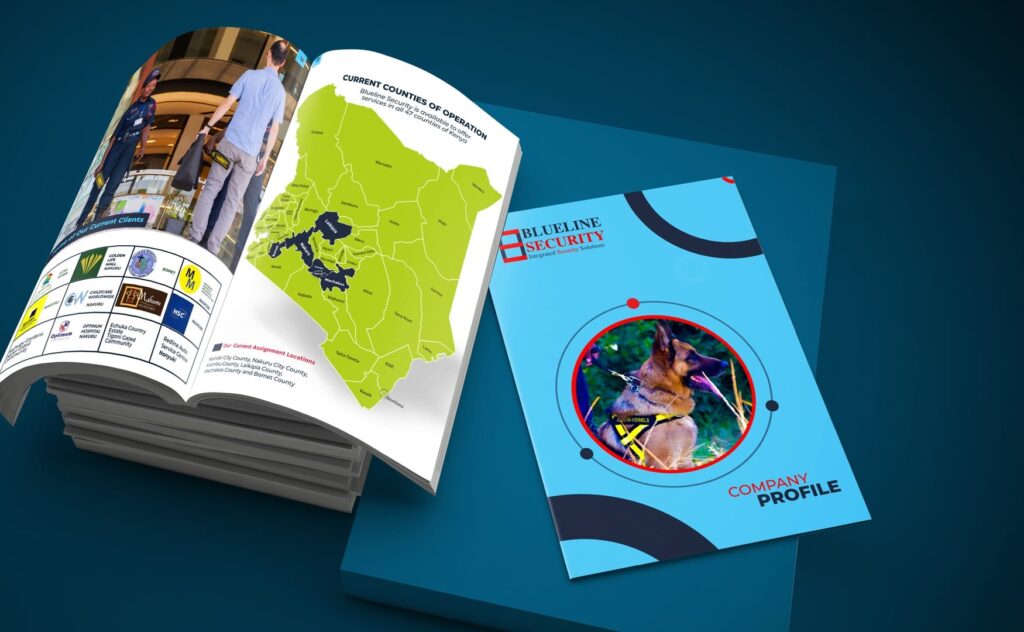For years, marketers have focused on capturing attention. The real challenge now is earning belief.
Gen Z, the most connected and discerning generation, is rewriting the rules of communication. They question everything, verify facts instantly, and expect brands to mean what they say. In Kenya and across Africa, this generation represents the majority of consumers and is reshaping how credibility is built.
The Disconnect
Kenya’s Gen Z audiences are not easily persuaded by advertising or corporate messaging. They have witnessed brands make promises that rarely materialize, endorse causes they barely understand, and present ideals they do not embody. As a result, they have developed sharp filters that separate authenticity from appearance.
For this audience, a brand’s story matters less than its behavior. A company that speaks of community but ignores its stakeholders quickly loses credibility. Transparency has become the new marketing currency, and trust must now be earned through consistent, authentic action.
From Aspiration to Authenticity
According to the MarTech Africa 2025 report, Gen Z consumers across the continent increasingly align with brands that demonstrate inclusivity, integrity, and social responsibility. They are less interested in prestige and more concerned with purpose.
This shift is visible across Kenya. Young consumers are rewarding honesty over perfection, preferring brands that communicate openly and show their process rather than those that project a flawless image. Fintech, fashion, and entertainment brands that have embraced this approach are gaining traction because they communicate with sincerity.
Where Brands Go Wrong
Many brands still equate professionalism with polish. They invest heavily in high-production campaigns that appear disconnected from their audience’s reality. Others adopt trending causes as marketing tools without genuine commitment, creating perceptions of inauthenticity.
Gen Z can recognize when values are written by a communications team rather than lived by leadership. They are not rejecting marketing; they are rejecting inconsistency. This fatigue with performative messaging is redefining credibility across the industry.
Building Trust in the New Landscape
Earning Gen Z’s trust requires brands to move beyond appearance and embrace clarity.
- Define your principles. Establish clear values and communicate them consistently.
- Involve your audience. Young consumers value collaboration and want to be part of the story, not passive observers.
- Speak clearly. Use genuine, conversational language that reflects your brand identity.
- Prove your claims. If you advocate sustainability or inclusion, demonstrate it transparently and continuously.
Trust is not built through repetition but through evidence. The brands that succeed will be those that communicate truthfully and behave consistently.
The Industry Shift
Gen Z’s influence is reshaping communication across all demographics. Their expectations are setting new standards for credibility and accountability. What began as a generational preference is now a professional imperative for communicators, marketers, and brand strategists.
This transformation presents both a challenge and an opportunity for African brands: to define trust within their cultural and market realities and to adopt authenticity as a core strategy rather than a creative theme.
Gen Z is not asking for perfection. They are asking for honesty. Brands that respond with clarity and integrity will earn long-term loyalty and relevance in a market where audiences remember how they feel, not just what they see.







